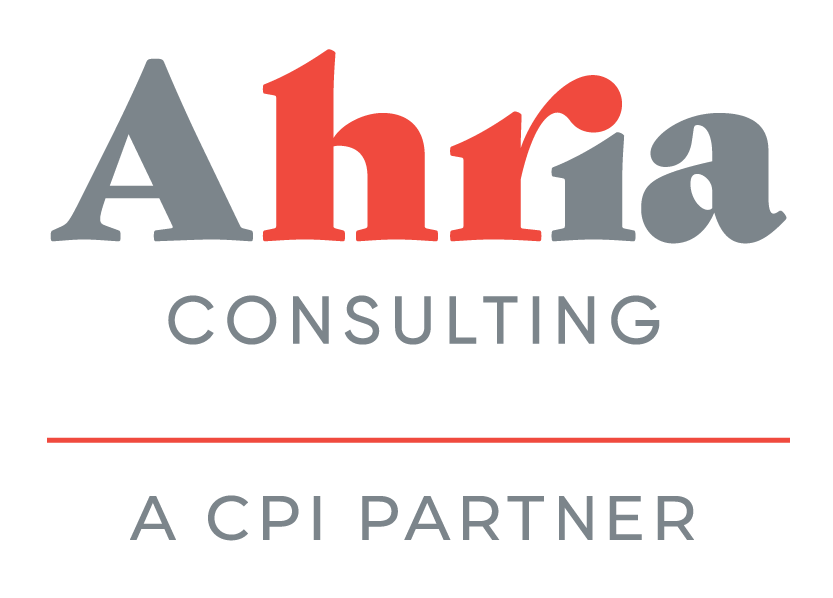Why experts are urging an overhaul for the annual performance review
It comes around once a year for many corporate employees: the dreaded annual performance review. Whether you’re on the giving or receiving side of it, it can cause a lot of stress and anxiety in the workplace.
“The traditional review focuses on the past rather than the future, which can actively demotivate employees,” writes Elise Paulsen of Quantum Workplace. “While it’s important to hold your talent accountable for their outcomes ― good or bad ― it’s often difficult for employees to remember the full details of the past 12 months.”
Much to the delight of employees and managers, more firms are starting to do away with the once-a-year model of performance review in favour of an approach thought of as ongoing performance management, where the formal review process is spread out across the year, be it weekly or monthly meetings between management and employees.
“Performance reviews still occur as part of performance management,” writes Robert Half. “But these meetings are more frequent, usually more informal, and designed to focus on the progress an employee has made toward set goals.”
At Toronto digital agency Art & Science, ditching the annual review was a key part of reimagining how they work with their employees and track performance, writes Sarah Laing in Canadian Business. The firm worked with workplace consultant Amanda Hudson to design a system that had more ongoing check-ins and replaced the annual performance review with a “milestone meeting” – an annual meeting where things like raises or promotions are discussed, but which take some of the pressure of performance review away.
It worked for both the employees and the managers, and the milestone meetings became more reflective, open sessions than stressful report cards. The strategy bore fruit in the form of a 50 per cent improvement in employee turnover.
“What I love about milestone meetings is that both the employee and the manager are presented with a set of questions, so there’s an aspect of reflection,” the firm’s head, Spencer Saunders, told Canadian Business. “Even when people leave the firm, they will thank us for the time and effort in how they were managed while they were here.”
Content written by Kieran Delamont for Worklife, a partnership between Ahria Consulting and London Inc. To view this content in newsletter form, click here.
